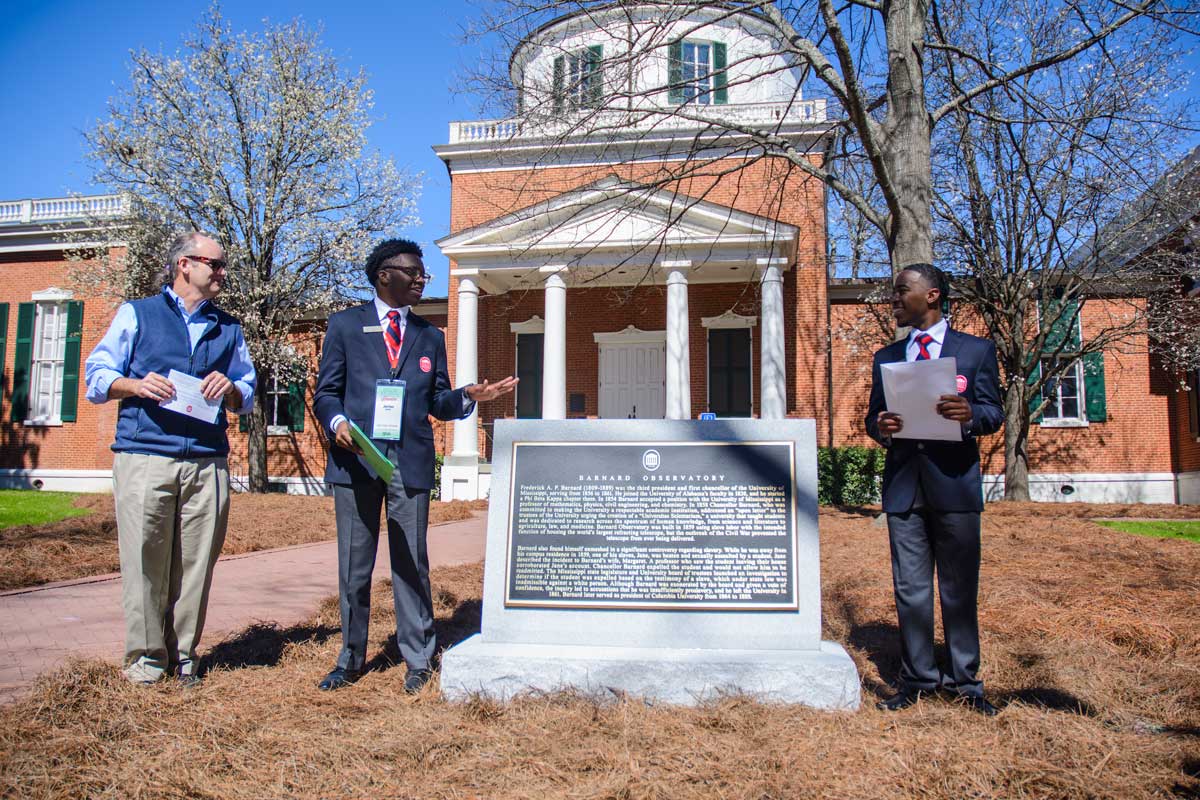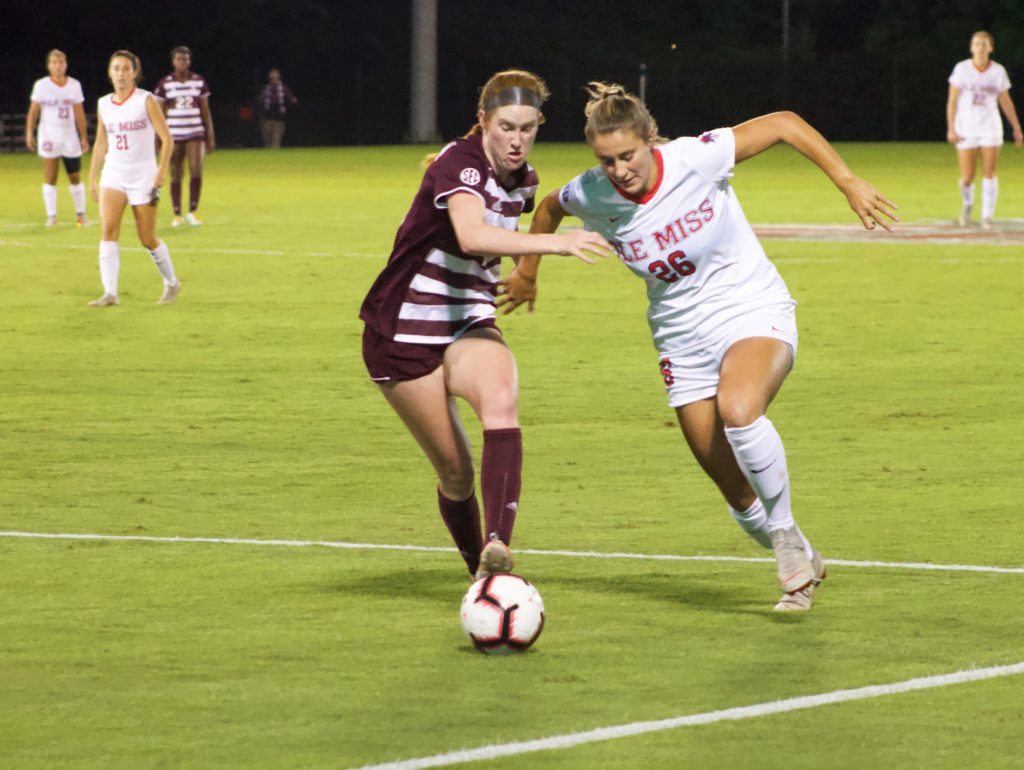The Center for the Study of Southern Culture began its fall SouthTalks series last week with a live Q&A panel of community health experts discussing how the medical community plays a role in the economic development of Delta communities.
Throughout the fall semester, SouthTalks will explore different aspects of Southern culture through panels, performances, film screenings and lectures. However, because of COVID-19, this year’s lineup of events will be presented virtually for free on the center’s YouTube channel.
The first event, “Our Body Tells a Story: A Pathway to Resilience and Wholeness,” was presented by faculty members Jennifer Conner, Brookshield Laurent, Anne Cafer and Meagen Rosenthal. The group’s conversation expanded upon a prerecorded talk, currently available on the center’s website, in which doctors Conner and Laurent discuss how place, time and health influence our bodies and provide holistic healing for individuals and communities.
During the Q&A, Conner and Laurent of the Delta Population Health Institute (DPHI) explained how they consider different socioeconomic factors when building health cultures in the Delta.
Since its establishment last year, the DPHI has worked to achieve greater health equality and community resilience in the Mississippi River Delta through research, education, policy and community engagement. The DPHI also values holistic thinking and follows the four tenets of osteopathic medicine to advance community and personal health.
However, the panel said that locals sometimes resist the DPHI’s holistic solutions. Laurent mentioned that problems often arise when community stakeholders feel left out of the conversation.
“I find that a lot of the time when we are bringing and convening multiple stakeholders to the table to discuss these very complex issues, we have to define the terms, and that will be different for each community,” Laurent said. “If we are not on the same page about what the terms are, what we are agreeing our expectations are and what we agree our benchmarks and success marks are, then we will continue to have this resistance.”
Conner said that education must align with economic development because schools and hospitals help recruit new businesses. She believes economic growth is important for downtown redevelopment projects in towns and cities.
“We can make it pretty and beautiful for the downtown area and increase access to healthy fruits and vegetables and encourage other growing behaviors as well,” Conner said.
Afton Thomas, associate director of programs at the center, said she is proud that she made the decision in April to host SouthTalks virtually this semester.
“I didn’t know where we were going to be, but I didn’t want to invite people here and then have to scramble for some plan B,” Thomas said.
While Thomas admits that nothing beats an in-person event, she said presenting SouthTalks virtually has its positives.
“The silver lining is that we can get national attention. Our events have always been free and open to the public, but that has been limited to if you’re in Oxford, Mississippi on campus at noon, on a Wednesday,” Thomas said.
















